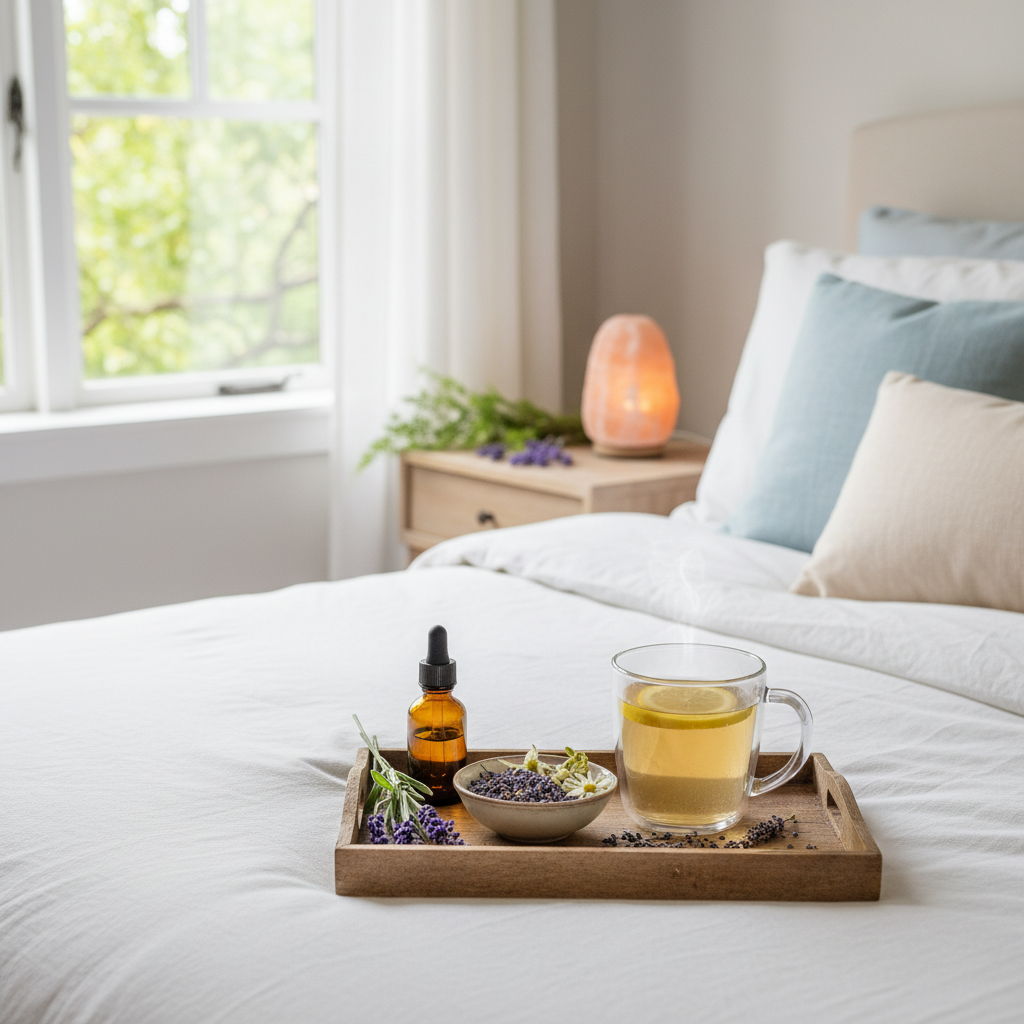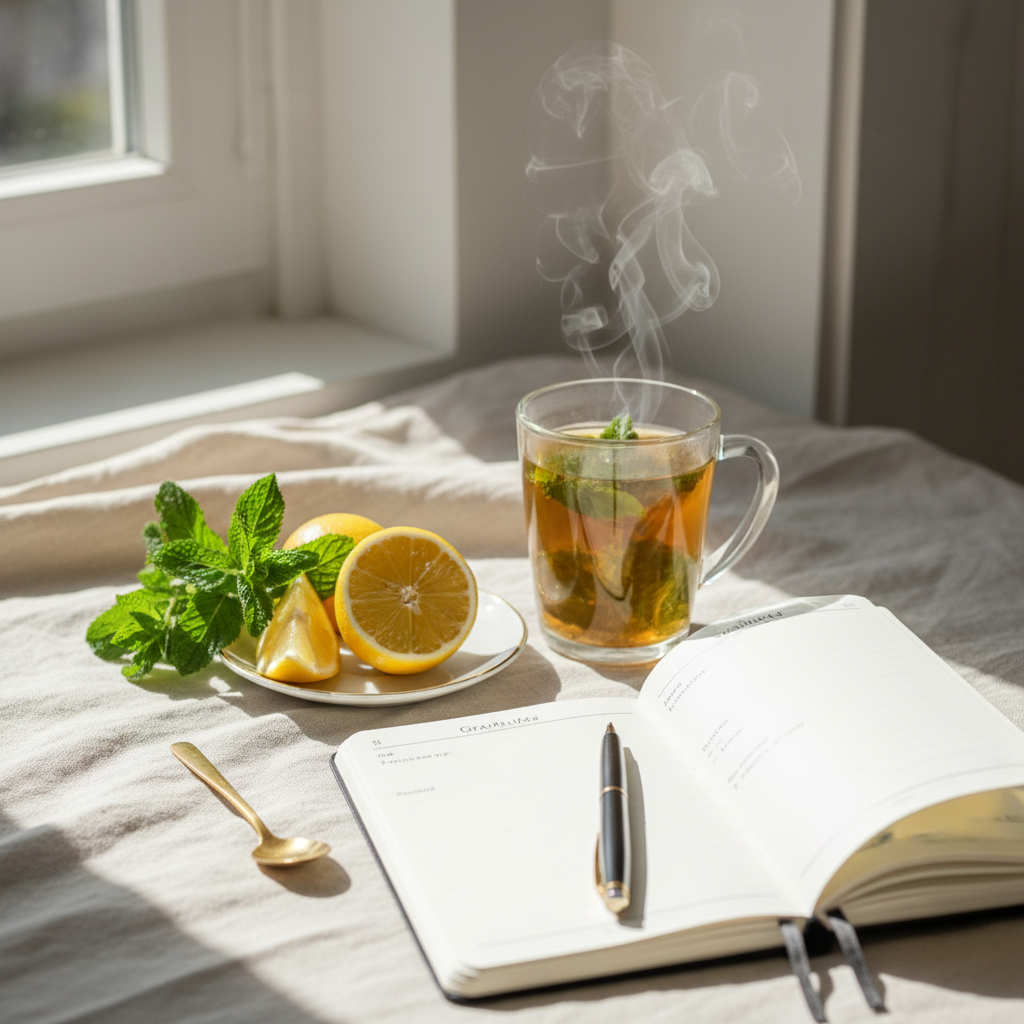How to Improve Sleep Quality Naturally
Struggling to improve your sleep quality naturally? Whether you’re tossing and turning, counting sheep, or trying every trick to fall asleep, restful nights might feel just out of reach. But don’t worry — this guide is packed with natural tips and remedies to help you improve sleep quality naturally without relying on medications. Ready to upgrade your sleep routine? Let’s dive in.
Why Choose Natural Sleep Improvement?

Although quick fixes like pills can seem tempting, improving sleep quality naturally offers sustainable benefits. Unlike pharmaceuticals that sometimes cause grogginess or dependency, natural methods enhance your body’s own rhythms for waking up feeling refreshed and alert. For a comprehensive look at sleep physiology, check out the industry leading research on circadian health.
Maintain a Consistent Sleep Schedule

A fundamental step to improve sleep quality naturally is to stick to a consistent bedtime and wake-up time every day, including weekends. Your body’s internal clock, or circadian rhythm, functions best with regular timing — irregular sleep patterns can disrupt this balance and reduce sleep quality. For an in-depth overview on how sleep scheduling affects your health, read our deep dive into circadian rhythm benefits.
Create a Restful Sleep Environment

Transform your bedroom into a sanctuary that encourages natural sleep improvement. This means dimming bright lights, cooling your room to between 60–67°F, and eliminating light pollution with blackout curtains. Avoid using your bed for activities like work or entertainment — keep it a dedicated sleep zone to condition your brain for rest. According to our bedroom environment guide, this association helps you fall asleep faster and improves sleep quality.
Limit Stimulants and Heavy Meals Before Bed
Avoid caffeine, nicotine, and large meals in the hours before bedtime. Caffeine late in the day acts as a stimulant that delays sleep onset, and alcohol disrupts deep restorative sleep stages even if you feel drowsy after drinking. Choosing herbal options like chamomile or passionflower tea can soothe your body naturally. Remember, a heavy meal near bedtime can lead to discomfort and heartburn that disturb your rest.
Increase Daytime Exposure to Natural Light

Boost your natural sleep cycle by spending at least 30 minutes outside daily in natural light. Sunlight acts as a natural cue for your circadian system, signaling daytime activity and helping you transition into sleep more easily at night. Even if you have an indoor lifestyle, try short outdoor breaks. For ways to maximize natural light exposure, see our guide on daylight and sleep quality.
Practice Relaxation and Mindfulness Techniques

Calm your mind before bed with relaxation strategies like the 4-7-8 breathing technique or gentle yoga stretches designed to reduce nervous system activity. Avoid electronic screens since blue light exposure can hinder melatonin production. Instead, try reading a physical book or meditating for five minutes to signal your body it’s time for rest. Meditation is proven to improve sleep quality naturally; learn more in our mindfulness for better sleep article.
Stay Physically Active
Engaging in regular physical activity such as walking, cycling, or swimming enhances overall sleep quality. However, avoid vigorous exercise late in the evening as it may increase alertness and delay sleep onset. For expert tips on timing workouts to improve your rest, check out our exercise and sleep quality guide.
Consider Herbal and Nutritional Supports (With Caution)
Some natural supplements like melatonin, magnesium, and herbal teas can aid sleep when used responsibly. Melatonin supports adjusting sleep phases but should not be taken long-term without medical advice. Magnesium helps relax muscles and supports hormone production important for sleep. Herbal teas with valerian root, chamomile, and passionflower provide calming effects, while tart cherry juice is a natural source of melatonin. Diffusing lavender essential oil offers soothing aromatherapy benefits. Always consult a healthcare provider before starting supplementation.
FAQs About Improving Sleep Quality Naturally
Can I swap my morning coffee for herbal tea to sleep better?
Yes, swapping coffee for herbal tea can reduce caffeine intake and promote better sleep. Try easing gradually, perhaps using half-caffeinated coffee initially.
How soon do natural sleep fixes work?
Consistent application of natural sleep methods typically shows improvements in sleep quality within 1 to 3 weeks.
Is nightly melatonin use safe?
Short-term melatonin use is generally safe, but long-term effects are less clear. Consult your healthcare professional for personalized advice.
How should I store tart cherry juice?
Keep tart cherry juice refrigerated and sealed tightly. Consume within a few days to maintain its natural melatonin content and freshness.
Ready to embrace better sleep? Try these natural sleep improvement methods to wake refreshed and energized every morning. Sweet dreams await!


